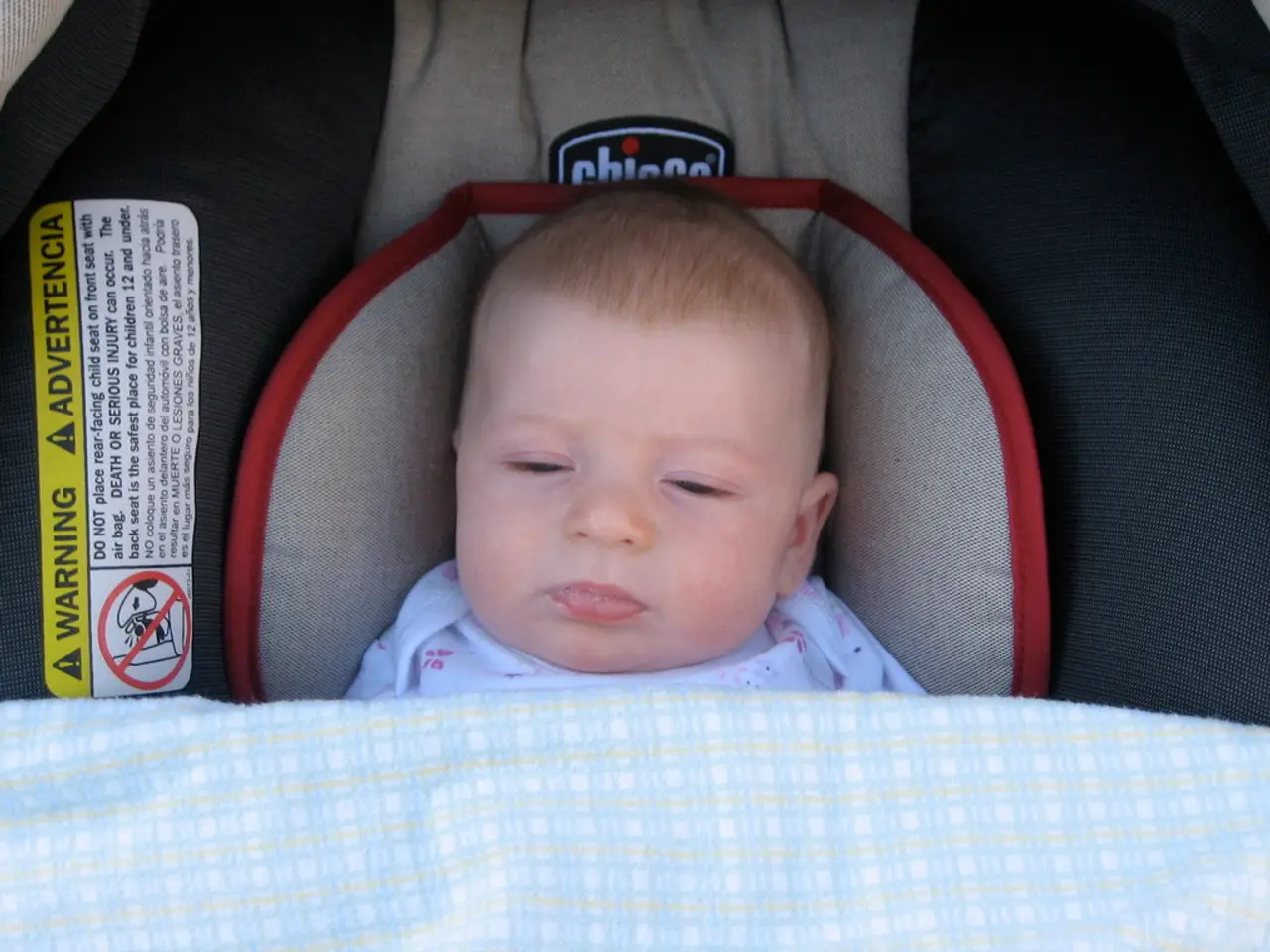Are kids of internet sexual predators entitled to increased assistance?
In a stark contrast to the resources available to convicted sex offenders, families, particularly children, of these individuals often find themselves in a void, with limited support systems and resources. This revelation comes from a recent article published on Daily, our website, which delves into the plight of families left in the shadows.
Produced by Soila Apparicio, the article sheds light on the experiences of Ava, the daughter of a convicted sex offender, and John, the offender himself, through in-depth interviews conducted by Katerina Vittozzi.
Research and testimonials highlight a troubling trend where children and families "fall through the gap," as much of the statutory and therapeutic support focuses on offenders, particularly those who are incarcerated, rather than their families. Many sex offenders, especially online offenders, do not receive custodial sentences but instead get non-custodial sentences or are placed on registers, leaving their families ineligible for the types of support typically available to families of prisoners.
There is a societal belief or perception that families of offenders are "not deserving enough" of support or that there is a kind of "hierarchy of harms" where families are seen as less harmed or less in need than victims or offenders themselves. Emotional and psychological impacts on family members are often ignored, and there is little formal acknowledgment of their trauma, leading to them feeling forgotten by services focusing predominantly on the offenders.
While some advocacy and peer-support groups exist, formal and comprehensive support systems for families of convicted sex offenders are scarce. However, there are some free online and in-person support groups tailored specifically for these families. For example, dailystrength.org offers support groups for these families, whether or not they remain with the offender. Women Against Registry (W.A.R.) advocates for families affected by sex offender registries and provides a community for women and children who feel wrongly punished due to a family member’s conviction. National resources such as 2-1-1 offer access to counseling and human services, and griefspeaks.com lists various support groups for those experiencing grief connected to these situations.
It is important to note that this article does not mention any specific support for the families of online sex offenders. Moreover, while Ava, as a victim, also receives counselling, no specific support for Ava's family was mentioned in the article.
This system, which offers more help to offenders than those they leave behind, underscores the urgent need for change. Anyone feeling emotionally distressed or suicidal can seek help from Samaritans in the UK (116 123 or [email protected]) or in the US (by calling the Samaritans branch in their area or 1 (800) 273-TALK).
- The article on Daily sheds light on the lack of supporting resources for families of convicted sex offenders, particularly children, who often find themselves in a void, despite the abundant support systems available for the offenders themselves.
- Research and testimonials highlight a troubling trend in which families, particularly those of online offenders, are often ineligible for the usual support systems available to families of prisoners.
- Although there are some advocacy and peer-support groups for families of convicted sex offenders, formal and comprehensive support systems are scarce, leaving families to seek help from free online and in-person support groups such as dailystrength.org and Women Against Registry (W.A.R.).
- The urgency for change is underscored as this system, which prioritizes help for offenders over their families, overlooks the emotional and psychological impacts on family members and brings attention to the families in the shadows of general-news discussions about crime and justice.




